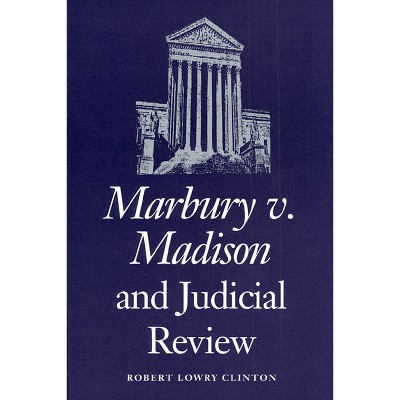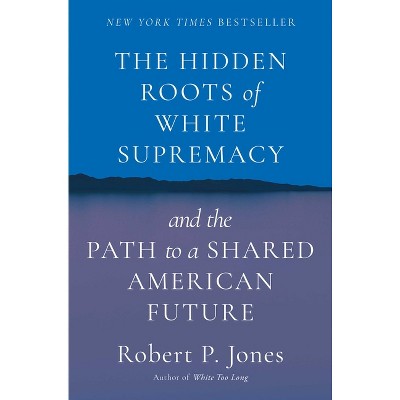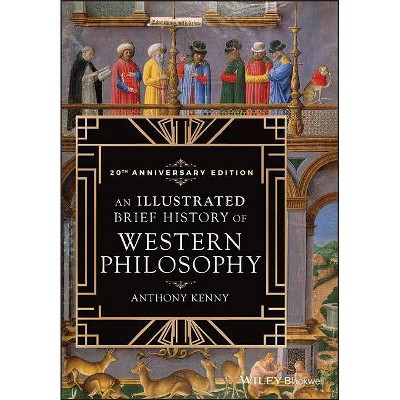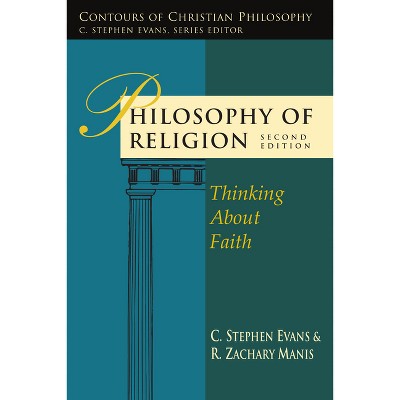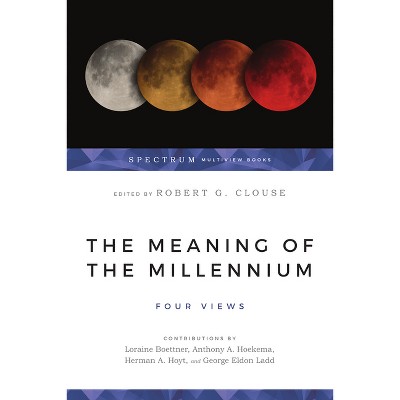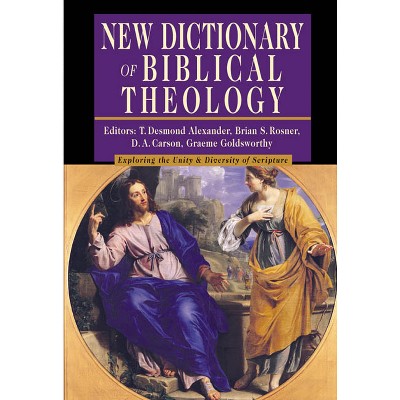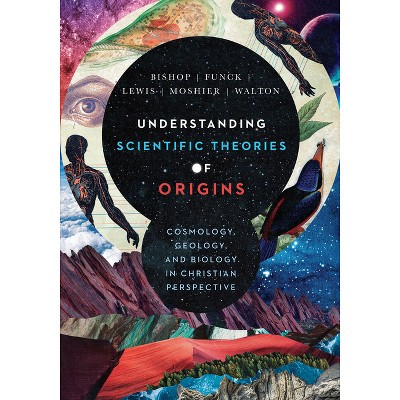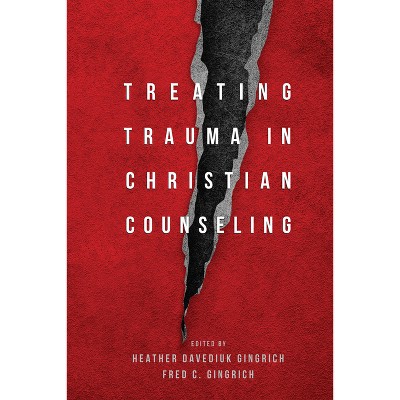Sponsored

A History of Western Philosophy - by C Stephen Evans (Hardcover)
In Stock
Sponsored
About this item
Highlights
- C. Stephen Evans Unpacks Western Philosophy's Greatest Minds and Movements Plato.
- About the Author: C. Stephen Evans (PhD, Yale) is University Professor of Philosophy and the Humanities at Baylor University.
- 600 Pages
- Philosophy, History & Surveys
Description
About the Book
Plato. Aristotle. Augustine. Hume. Kant. Hegel. Every student of philosophy needs to know the history of the philosophical discourse such giants have bequeathed us. Philosopher C. Stephen Evans brings his expertise to this daunting task as he surveys the history of Western philosophy, from the Pre-Socratics to Nietzsche and postmodernism--and every major figure and movement in between.
Book Synopsis
C. Stephen Evans Unpacks Western Philosophy's Greatest Minds and Movements
Plato. Aristotle. Augustine. Hume. Kant. Hegel.
These names and the philosophies associated with them ring through the minds of every student and scholar of philosophy. And in their search for knowledge, every student of philosophy needs to know the history of the philosophical discourse these philosophical giants have passed down to us.
In A History of Western Philosophy, noted philosopher C. Stephen Evans brings his expertise to this daunting task as he surveys the history of Western philosophy in this textbook. From the Pre-Socratics to postmodernism--and every major figure and movement in between--Evans provides an insightful and comprehensive survey.
In A History of Western Philosophy, you'll find
- an exploration of the major figures and themes of Western philosophy,
- philosophical traditions starting from the time of the Pre-Socratics and ending with Nietzsche and postmodernism, and
- reflections upon important philosophical developments from a Christian perspective.
Evans argues that a true and complete history of Western philosophy should also account for the relationship between philosophical thought and Christian belief because virtually all of the great philosophical thinkers throughout the ancient, medieval, and modern West were deeply interested in questions about God and spiritual realities. This thoughtful approach ensures readers gain not only a historical understanding of philosophy but also a deeper appreciation of how faith and reason have shaped the intellectual heritage of the West.
Review Quotes
"C. Stephen Evans has performed a tremendous service for Christian philosophers, especially those new to the field. A History of Western Philosophy is an excellent single-volume history of the progress of western philosophical thought. Dr. Evans hits all the major players, concentrating on the essentials of each philosopher's contribution to the ongoing discussion. His style is clear, lucid, and accessible for the novice while also presenting insightful evaluations for those who are advanced. It is a superb work that should be on the shelf of every thoughtful Christian."
--Mark W. Foreman, professor of philosophy and religion, Liberty University"Evans's A History of Western Philosophy is a superb instance of its kind, skillfully combining breadth of coverage with insightful philosophical analysis of the ideas and arguments covered. It is accessible enough to be helpful to those who are new to philosophy, yet comprehensive and accurate enough to offer something to graduate students and professors. This book would be especially suitable as the sole secondary text assigned in an introductory philosophy course or in more advanced undergraduate courses in the history of philosophy. It would also be a great resource for clergy and laypeople who are interested in philosophical thought."
--Michael Rota, associate professor of philosophy, University of St. ThomasAbout the Author
C. Stephen Evans (PhD, Yale) is University Professor of Philosophy and the Humanities at Baylor University. He previously taught in the philosophy departments at Calvin College, St. Olaf College, and Wheaton College. He has published several books, including Kierkegaard: An Introduction, Natural Signs and Knowledge of God: A New Look at Theistic Arguments, God and Moral Obligation, Why Christian Faith Still Makes Sense, and Philosophy of Religion.


